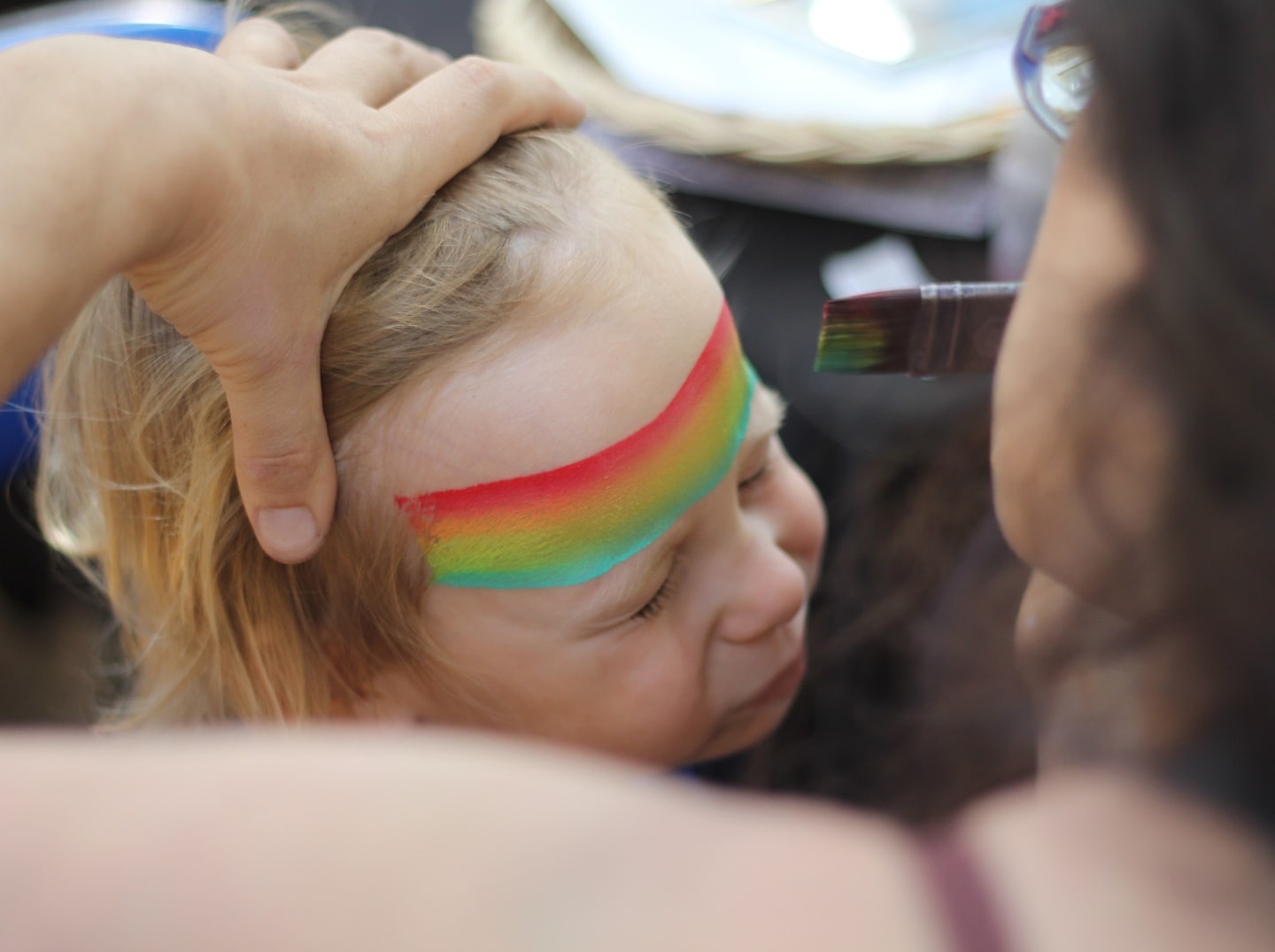Drawing families out of seclusion and into community is of one of the ways that children struggling with ACEs can be noticed, and prescribed some of the support they so desperately need in order to flourish in life.
Before Covid-19 there were 4.3 million children living in poverty in the UK, and as an organisation with a vision to raise every child in need in a strong family, this immense statistic is heart-breaking as much as it is challenging. It is also unacceptable. As well as reducing the impact of poverty on children through community-based programmes, at Kids Matter we hope to build awareness and support for sustainable responses to the pandemic that focus on enhancing the dignity and agency of people living in poverty.

There is a growing body of evidence that demonstrates a correlation between poverty and exposure to Adverse Childhood Experiences (ACEs) and negative outcomes in adulthood, indicating that poverty may itself be considered an adverse childhood experience. The main ACEs currently identified throughout literature and practice are: parental separation, mental health problems, child verbal abuse, physical abuse and sexual abuse, child neglect, alcohol misuse, drug abuse and parent incarceration. In some areas, physical ill health and disability in the family is also recognised as an adverse experience that can have long-term detrimental effects on children’s life chances.
Cumulative exposure to adversity causes stress that behaves as a toxin in the developing brain of a child. In the absence of protective factors, this toxic stress can change a child’s neural architecture and result in emotional disorders and cognitive deficits.
Buttle UK’s State of Child Poverty Report 2021 is an assessment of the ongoing impact of the Covid-19 crisis on families and young people living in poverty, and highlights the most common ACEs (according to respondents) as:
- Mental health problems (63% of children and young people)
- Parental separation (63%)
- Verbal abuse (61%)
- Domestic abuse (59%)
Support workers reported that all ACEs have been made worse by Covid-19, of these:
- Family mental illness was seen having been impacted most, with 48% saying that it was ‘a lot more severe’.
- Domestic violence was next with 38% reporting it being ‘a lot more severe’.
In explaining these increases in severity, frontline support workers highlighted:
- A lack of access to support—both through informal networks (i.e. family and friends) and formal support services.
- A lack of respite for parents.
- Reduced time in education, meaning that the issues that schools often monitored have not been picked up.
- Decreased levels of exercise, poor diets and increased isolation.
The respondents reported that on average, 66% of the children and young people they worked with had fallen behind in education during the pandemic. The biggest contributors to children’s struggling to engage in education during the crisis were:
- A lack of digital access: 60% reporting that this has made things ‘a lot harder’.
- Challenges in the current context of overcoming past trauma: 56% reporting this had made this ‘a lot harder’.
When frontline workers were asked what was going to be the most crucial form of support for children going forward, overwhelmingly, their response was mental health support (at 48%). Additional educational support was second (at 9%).
Where does Kids Matter fit in? Research has shown that the most effective, early intervention to help children is group based parenting programmes. As a parenting programme that aims to reach the hard-to-reach (families facing disadvantages and living in isolation), our trained facilitators come into contact with mums, dads and carers trying their best to manage households and bring up children who encounter traumatic experiences on a regular basis. Our programme is a parenting intervention that equips parents with the tools (confidence, competence and community) to raise children in strong families.
Drawing families out of seclusion and into community is of one of the ways that children who are struggling with ACEs can be noticed and prescribed some of the support they so desperately need in order to flourish in life. Strengthening families is a team effort, with the government and voluntary sector working together to support those facing adversity—and when the effort falls short, the Church, whose mandate is to have a conscience for those in need (the poor, lonely, destitute and downtrodden), must step in and bridge the gap for those at risk of falling into it.
Together, we can build a future where children flourish.
Kids Matter is a programme that engages with families and young children before crisis point—it strengthens families by giving mums and dads the tools to be competent, confident parents or caregivers. To get involved, as a volunteer or by financially supporting our programme, please contact us at info@kidsmatter.org.uk.
Sources: